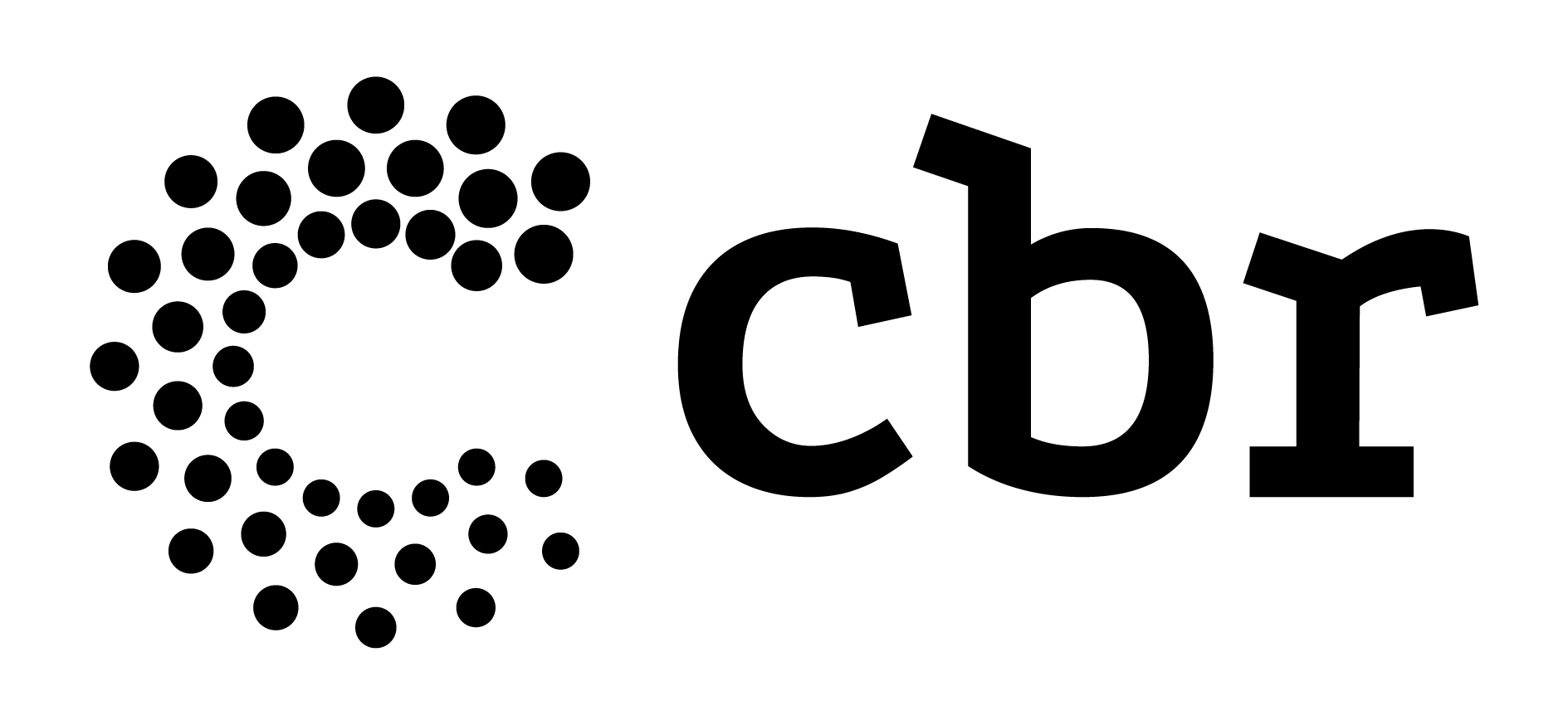A situation routinely verified in the scope of the practice of radiology, the requirement presented by health plan operators regarding the request to send images and reports of patients is illegal - and unequivocally characterizes breach of medical confidentiality, since sensitive information is required from the patient that only belongs to them.
Intimacy and private life are inviolable, under the terms of Article 5, X, of the Federal Constitution. The Code of Medical Ethics, in line with the provisions set forth in the Magna Carta, expressly establishes that the doctor must maintain the confidentiality of the information of his patients, being forbidden to communicate facts that he is aware of due to his professional practice, except for just cause, legal duty or express authorization from the patient.
Indeed, the requirements formulated by the operators, object of this article, absolutely do not fit the legal exceptions that allow the violation of medical secrecy.
In this exact sense, CREMEC opinion No. 22/2013:
“PHYSICIAN-PATIENT CONFIDENTIALITY AND HEALTH PLANS. ADVISOR: DIRECTOR HELVÉCIO NEVES FEITOSA. SUMMARY: The disclosure, by the attending physician, of confidential patient data on referral forms to other professionals, allowing the identification of the diagnosis, coded or not, by health plans, violates current ethical and legal standards.”
CFM Resolution No. 1,819/2007 determines:
Art. 1st Forbid the doctor from completing, in the consultation forms and request for exams from health plan operators, the fields referring to the International Classification of Diseases (ICD) and duration of illness concomitantly with any other type of patient identification or any other information about diagnosis, given that confidentiality in the doctor-patient relationship is an inalienable right of the patient, and it is up to the doctor to protect and guard it.
Single paragraph. The cases provided for by law are excluded from this prohibition (Change given by CFM Resolution No. 1976/2011).
Art. 2nd Consider serious ethical misconduct any type of constraint exerted on physicians to force them to fail to comply with this resolution or any other ethical-legal precept.
Single paragraph. Medical directors, technical directors, medical representatives and any other doctors who, directly or indirectly, contribute to the practice of the ethical offense described in the caption of this article are accountable before the Medical Councils.
Thus, based on the arguments, legal provisions and decisions mentioned above, we understand that it constitutes an ethical infraction, subject to punishment by the Regional Councils of Medicine, the transmission of any sensitive data of the patient – eventually contained in images and reports made – to the operators/ health plan insurers.
CBR Legal Advice




